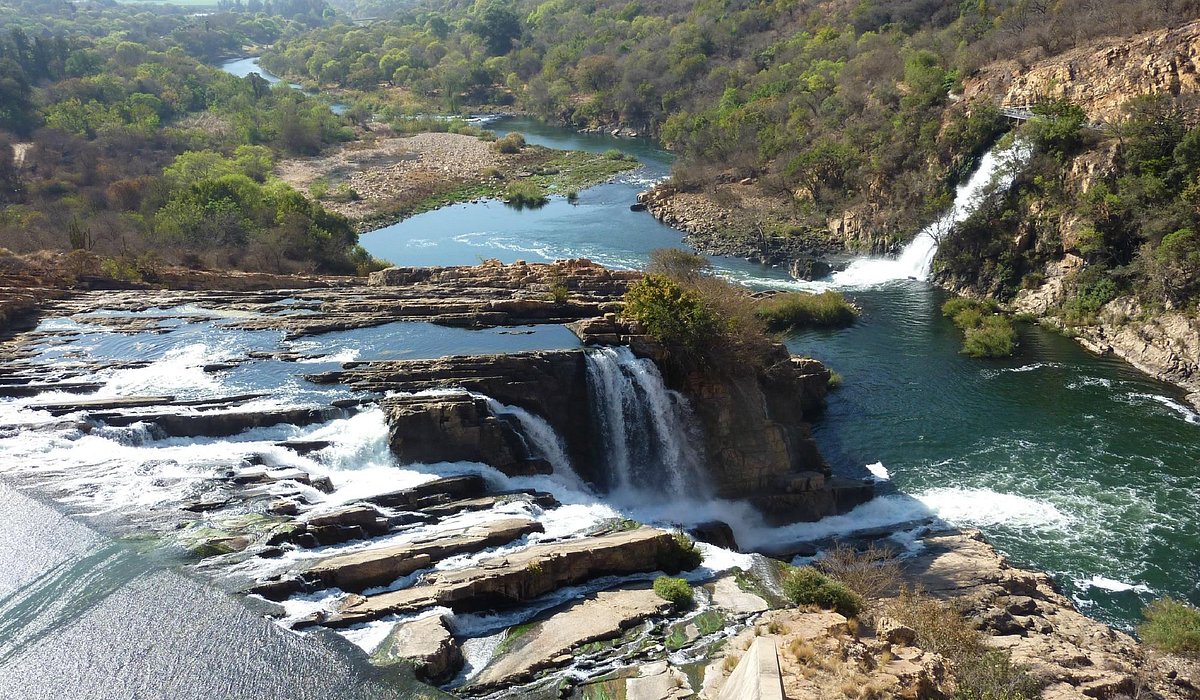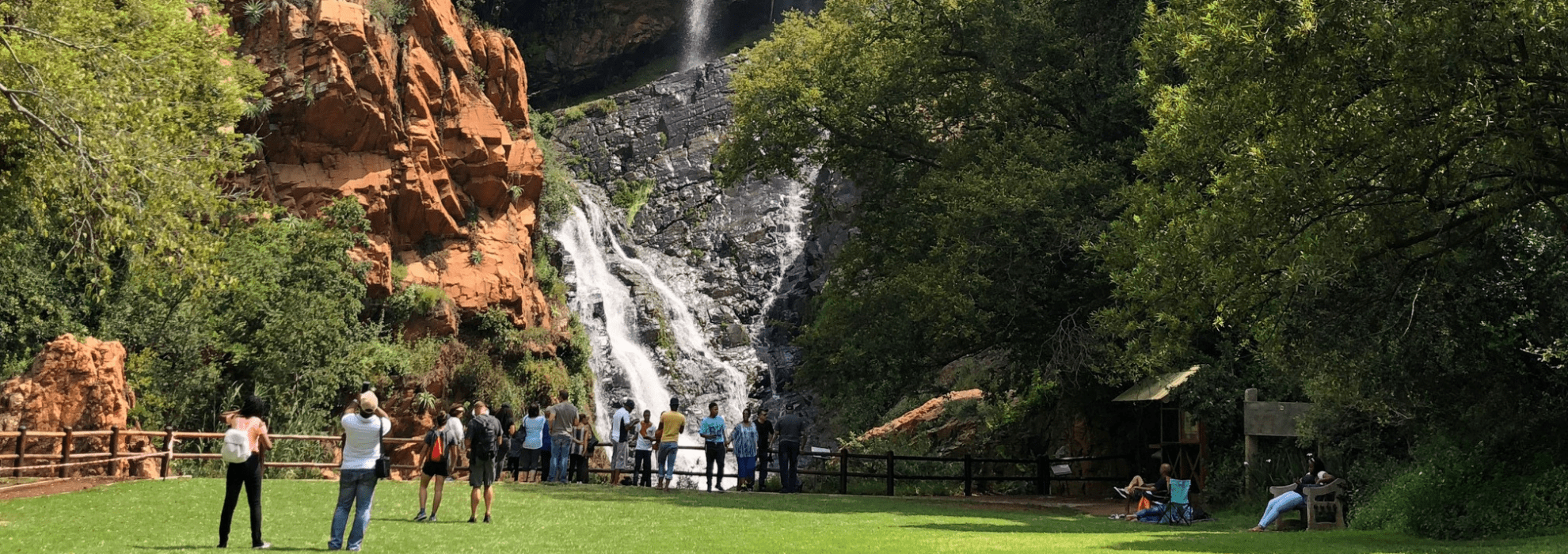Johannesburg North Attractions - The Facts
Table of ContentsThe Best Guide To Johannesburg North AttractionsJohannesburg North Attractions for BeginnersThe Single Strategy To Use For Johannesburg North AttractionsAn Unbiased View of Johannesburg North AttractionsThe 4-Minute Rule for Johannesburg North AttractionsHow Johannesburg North Attractions can Save You Time, Stress, and Money.Some Known Incorrect Statements About Johannesburg North Attractions
You should maintain security in mind and visitors should continue to be alert at all times when in unknown environments. Speak with the residents when you remain in community to discover the location you are remaining in. Johannesburg North attractions. When on the road (this doesn't put on shopping center and various other secure settings) finest general recommendations is to try your finest to resemble a neighborhood and to prevent presenting any kind of form of wealth
The Only Guide to Johannesburg North Attractions
Teacher Revil Mason O. J. (Thomson, 1946) discovered the Witwatersrand's pre-colonial background. His archaeological work blew up the 'em pty land' misconception, according to which the area was without human habitation prior to the arrival of European settlers. In his publications Prehistory of the Transvaal: A Record of Human Activity (1962) and Origins of Black Individuals of Johannesburg and the Southern Western Central Transvaal Advertisement 3501880 (1986 ), Teacher Mason demonstrated the level of social and economic development in the location before Europeans set foot here.

Some Known Facts About Johannesburg North Attractions.
In 1878, David Wardrop discovered gold in quartz veins at Zwartkop, north of Krugersdorp. In 1881, Stephanus Minnaar came throughout gold on the farm Kromdraai, near the Cradle of Mankind.
In March 1886, a protrusion (soon to be called the Key Reef) was found, quite fortuitously, on Gerhardus Oosthuizen's farm Langlaagte. Some claim that the Lancastrian coal miner George Walker uncovered this reef. An additional travelling English miner, George Harrison (that had actually formerly operated in Australian mines) obtained a prospecting permit in regard of Langlaagte in May 1886.
He chose to carry on in a quest for greener fields, and disposed of his Langlaagte claim for the baronial amount of 10. Alas: underneath lay the richest goldfield ever discovered. The exploration of this rich auriferous reef prompted a gold thrill that indicated completion of bucolic tranquillity in the southerly Transvaal.
It would, within 6 years, become the biggest town in southern Africa. Within a years, it would certainly make the Z. A. R. up until after that an anarchical and bankrupt little state the richest nation in Africa. By the millenium, the Z. A. R. was to exceed Russia, Australia and the United States of America to become the globe's leading gold producer, producing even more than a quarter of the world's gold.
The Main Principles Of Johannesburg North Attractions
It was understood as Ferreira's Camp, called after Colonel Ignatius Ferreira. He was a Boer traveler upon whom the British authorities had actually presented the status of Companion of the A Lot Of Distinguished Order of St Michael and St George (entitling him to the post-nominal letters C. M. G.) in gratitude for his function in the war that had actually deposed the Pedi king Sekhukhune in 1879.
2 various other camps were developed: Meyer's Camp on the ranch Doornfontein, and Paarl Camp. The latter was nicknamed Afrikander Camp; lots of people from the Cape Nest settled site here there.

Some Known Details About Johannesburg North Attractions
This name got official site currency by word of mouth, such that the State Assistant verified the name to the Mining Commissioner on 9 October 1886. Stands in the village were auctioned on 8 December 1886. While some stands were cost 10, others were knocked down for just sixpence.
2 years later on, these erven were to transform hands for as much as 750 each. The tented camps dwindled as a dorp of corrugated iron buildings created and increased north of the mines located along the Main Coral Reef Road. Locations such as Jeppe's Community (where working-class immigrants erected their residences) and Doornfontein (where the wealthy brand-new 'Randlords' started to construct their opulent houses) were soon included in the ever-expanding map of the community.
Johannesburg North Attractions Fundamentals Explained
In addition to the street names, there were no signs of Johannesburg being situated in a Dutch-speaking country. Several years later, C. W. Kearns O. J. (among the initial children enrolled at St John's College in 1898) would certainly recall: 'An odd fact regarding Johannesburg was that, although it remained in the [Boer Republic], almost everybody talked English and also the Federal government servants dealt with one in English, unless they were first resolved in the Taal (or Low Dutch)'.
Britain had a passion in guaranteeing optimum conditions for gold production on the Witwatersrand, and that the gold was exported to London rather than Berlin an important made all the more clamant by the Z. A. R.'s enhancing toenadering with Germany. Mine proprietors got on a crash training course with President Kruger, whose policy of monopolistic giving ins (often approved to his cronies) protected against mining companies from acquiring products of products (particularly dynamite) and work on their own, more affordable terms
Some Known Details About Johannesburg North Attractions
In 1890, the Volksraad had limited the franchise to white males who had actually resided in the Z. A. R. for fourteen years or longer, this page hence disqualifying a lot of the immigrants (who happened to be the significant contributors to the fiscus). Nevertheless, agitation for the vote was a plain pretext for promoting a different schedule; the majority of uitlanders regarded themselves as short-term visitors and had no intention of remaining in the Z.
 Ben Savage Then & Now!
Ben Savage Then & Now! Michael Fishman Then & Now!
Michael Fishman Then & Now! Gia Lopez Then & Now!
Gia Lopez Then & Now! Rachael Leigh Cook Then & Now!
Rachael Leigh Cook Then & Now! The Olsen Twins Then & Now!
The Olsen Twins Then & Now!